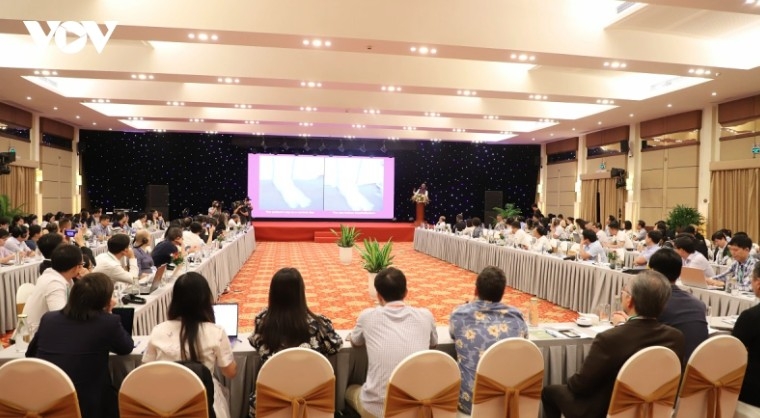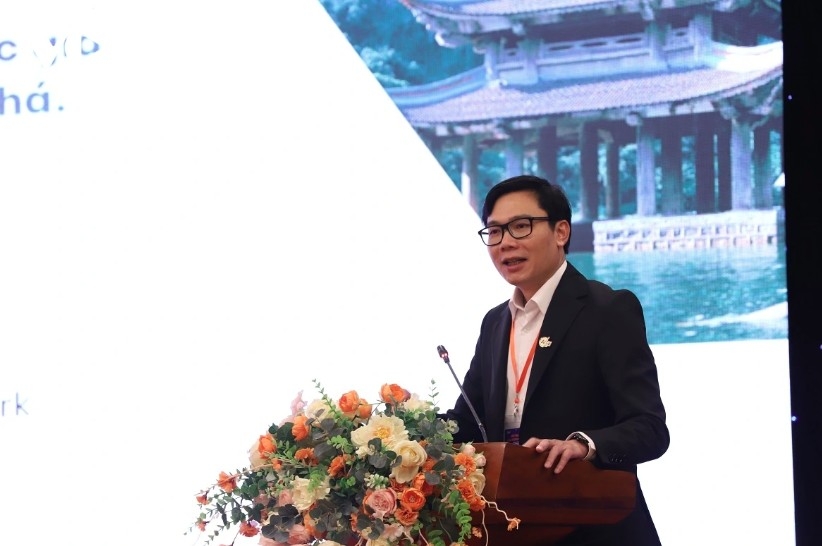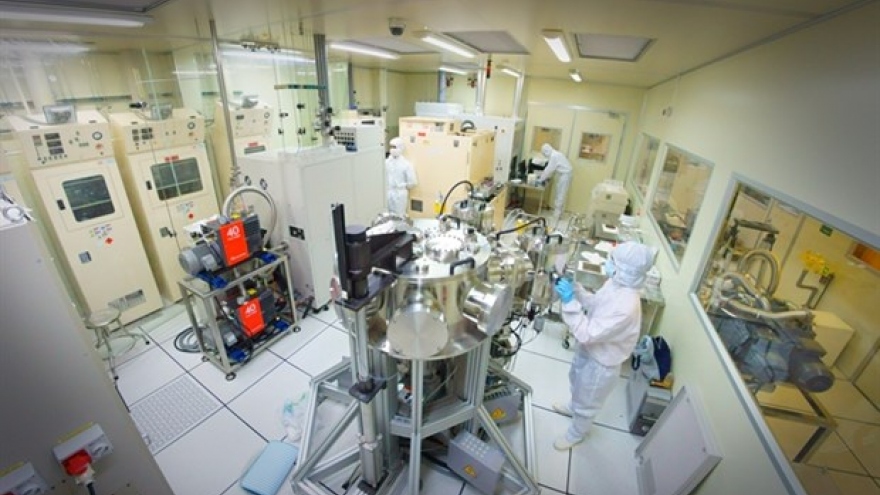Forum maps out R&D development strategy for Vietnam
VOV.VN - More than 100 leading domestic and international experts gathered in Ninh Binh province on July 30 for the Vietnam R&D Forum 2025 (VRDF), to formulate a long-term research and development strategy for the country.

The event, themed Advancing Vietnam's Future through Strategic R&D Investment, aims to position Vietnam as an emerging innovation hub in the region, by fostering research collaboration, knowledge transfer, and building a dynamic and sustainable R&D ecosystem.
Co-hosted by the Organisation of Vietnamese Scientists and Experts (AVSE Global) and the Ninh Binh Provincial People’s Committee, the forum seeks to help Vietnam raise its R&D investment to 2% of GDP by 2030, marking a significant leap from the current level of 0.43%, well below the 2–4% average seen in developed countries, according to World Bank data from 2021.
A study by Moustapha & Yu in 2021 shows each 1% increase in R&D investment could potentially raise real GDP by up to 2.83%. These figures underscore that investing in R&D is no longer optional, it is a strategic imperative if Vietnam is to enhance productivity, quality of growth, and its global economic standing.
Speaking at the event, Prof. Dr. Nguyen Duc Khuong, chairman of AVSE Global, emphasised this year’s edition focuses on actionable outcomes, transforming global knowledge into locally adapted solutions.
“This forum is not only a space for sharing ideas but a platform for catalysing action. Initiatives proposed here will receive continued support to evolve into policies or practical applications,” he said.

He also highlighted the critical role of science, technology, and innovation as key growth engines. VRDF 2025, he noted, is expected to create a strategic bridge between government, businesses, research institutions, universities, and investors, laying the groundwork for a resilient and globally connected R&D ecosystem in Vietnam.
Nguyen Trung Kien, chairman of the State Committee for Overseas Vietnamese under the Ministry of Foreign Affairs, stressed that the forum supports Vietnam’s ongoing institutional reform and restructuring efforts, in which science, innovation, and digital transformation are identified as core pillars.
“The global Vietnamese community of over 6 million people is a valuable resource. Many overseas experts are eager to contribute to national development. I highly commend AVSE Global’s role as a bridge bringing global knowledge home. R&D is the vital foundation to translate science and technology into real-world impact,” he said.
At the forum, experts put forth practical solutions such as establishing a National R&D Council, implementing financial and tax incentives for innovative enterprises, building specialised economic zones (SEZs) for R&D, as well as developing strategies to attract and retain talent in this field.
They are expected to publish in-depth policy reports, establish a database of R&D experts, and make specific action proposals for strategic industries such as high-tech, clean energy, biomedicine, precision agriculture, and processing industries. The ultimate goal is to bring Vietnam's R&D investment rate to 2% of GDP by 2030 - a threshold considered essential for transitioning into an innovation-driven economy.




